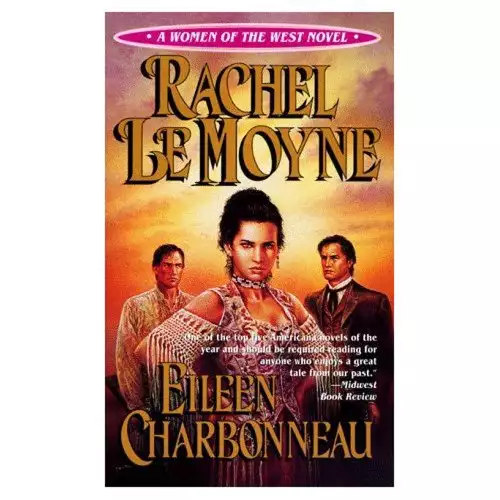Rachel LeMoyne
We hope you are enjoying the book so far. To continue reading...
Rachel Lemoyne
Eileen Charbonneau
Copyright © 2026 All Rights Reserved
Close
